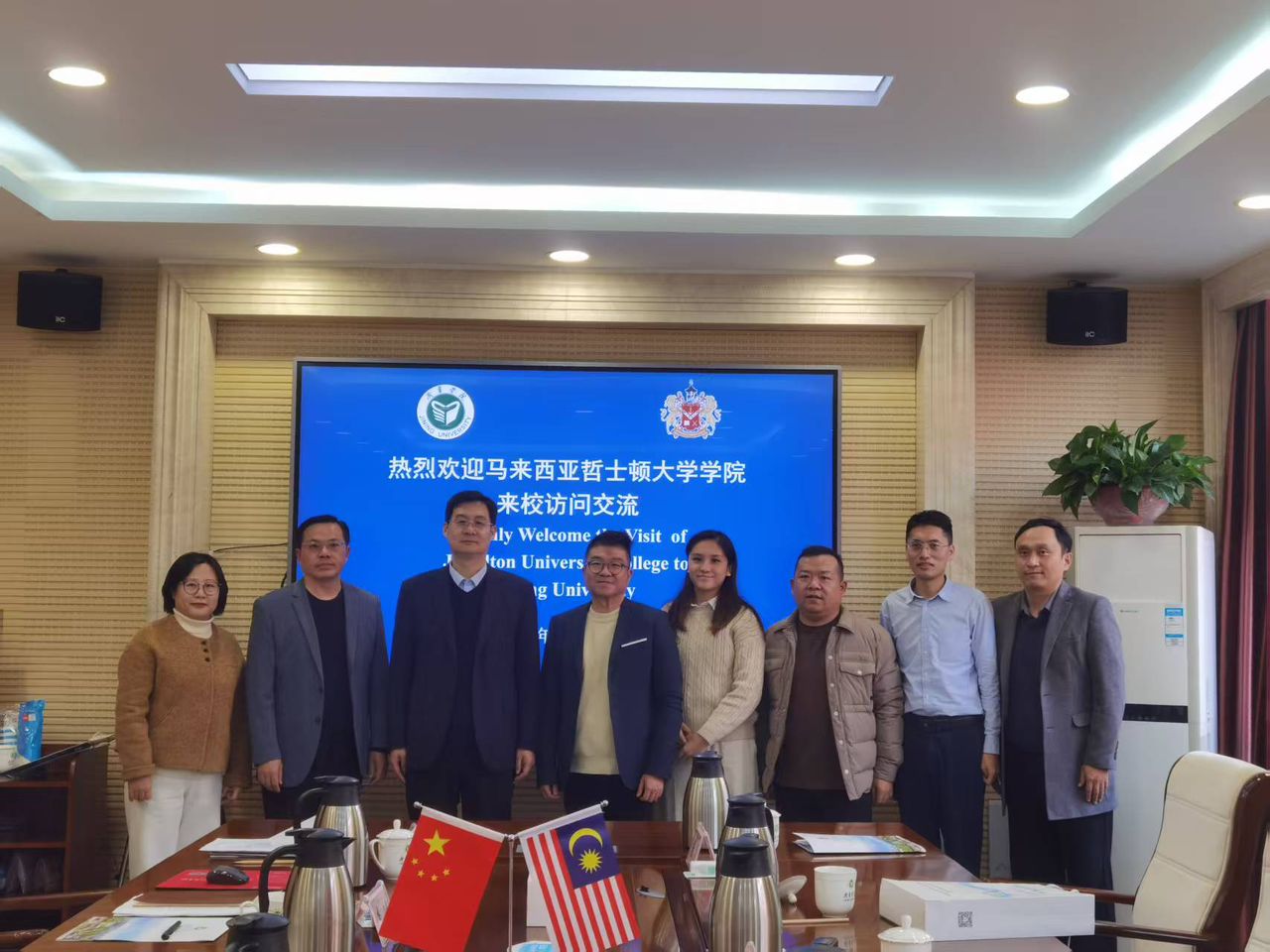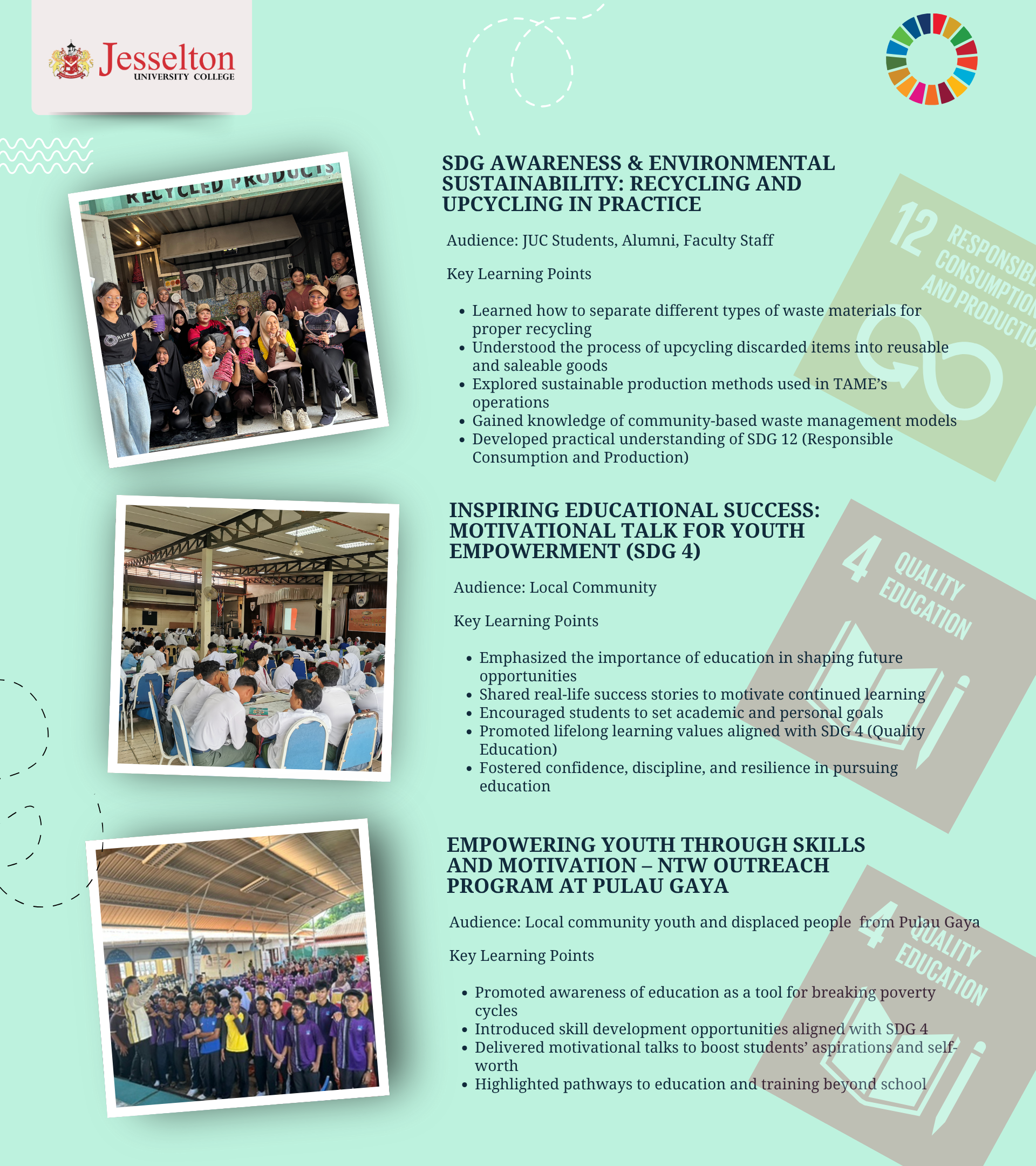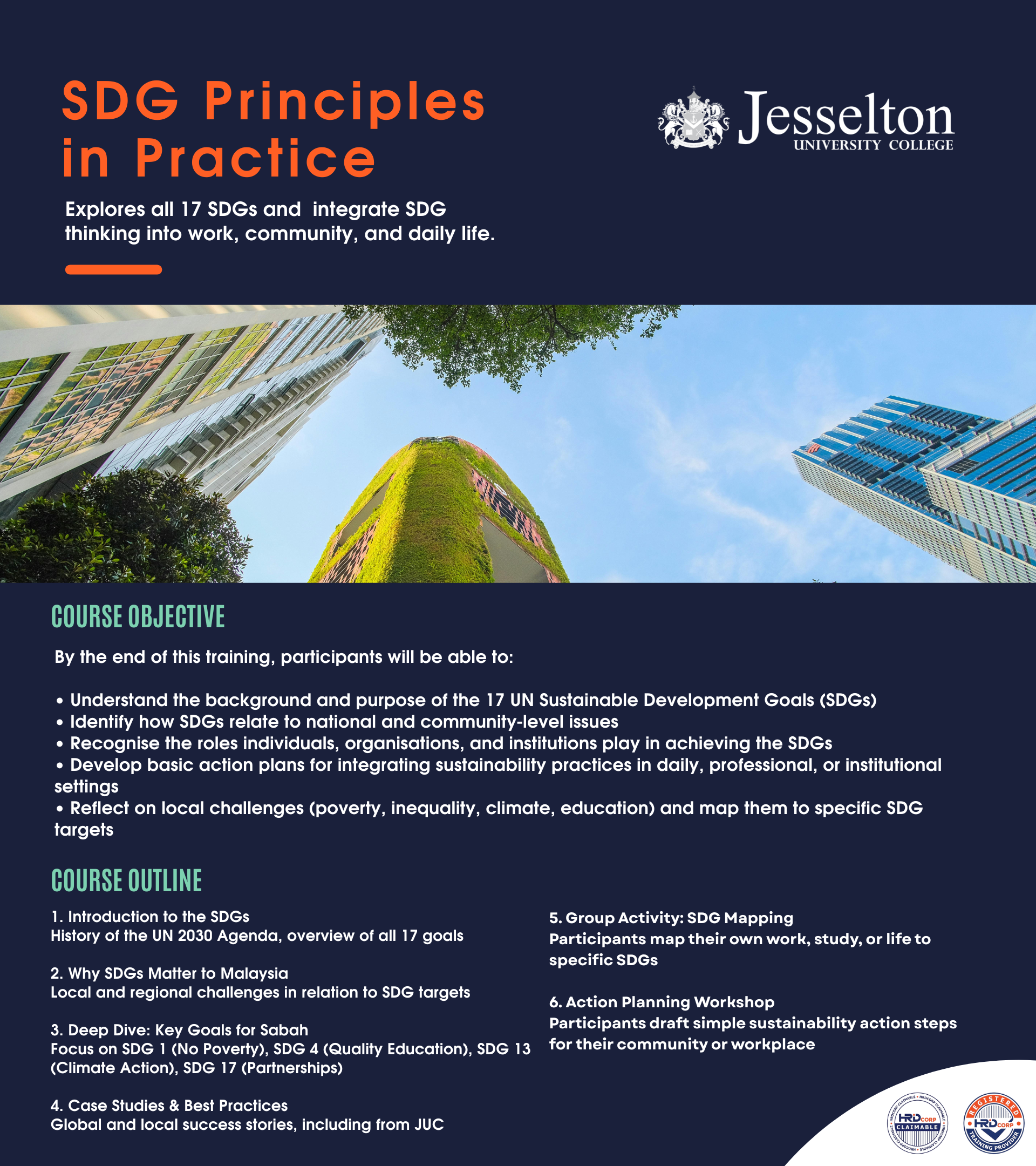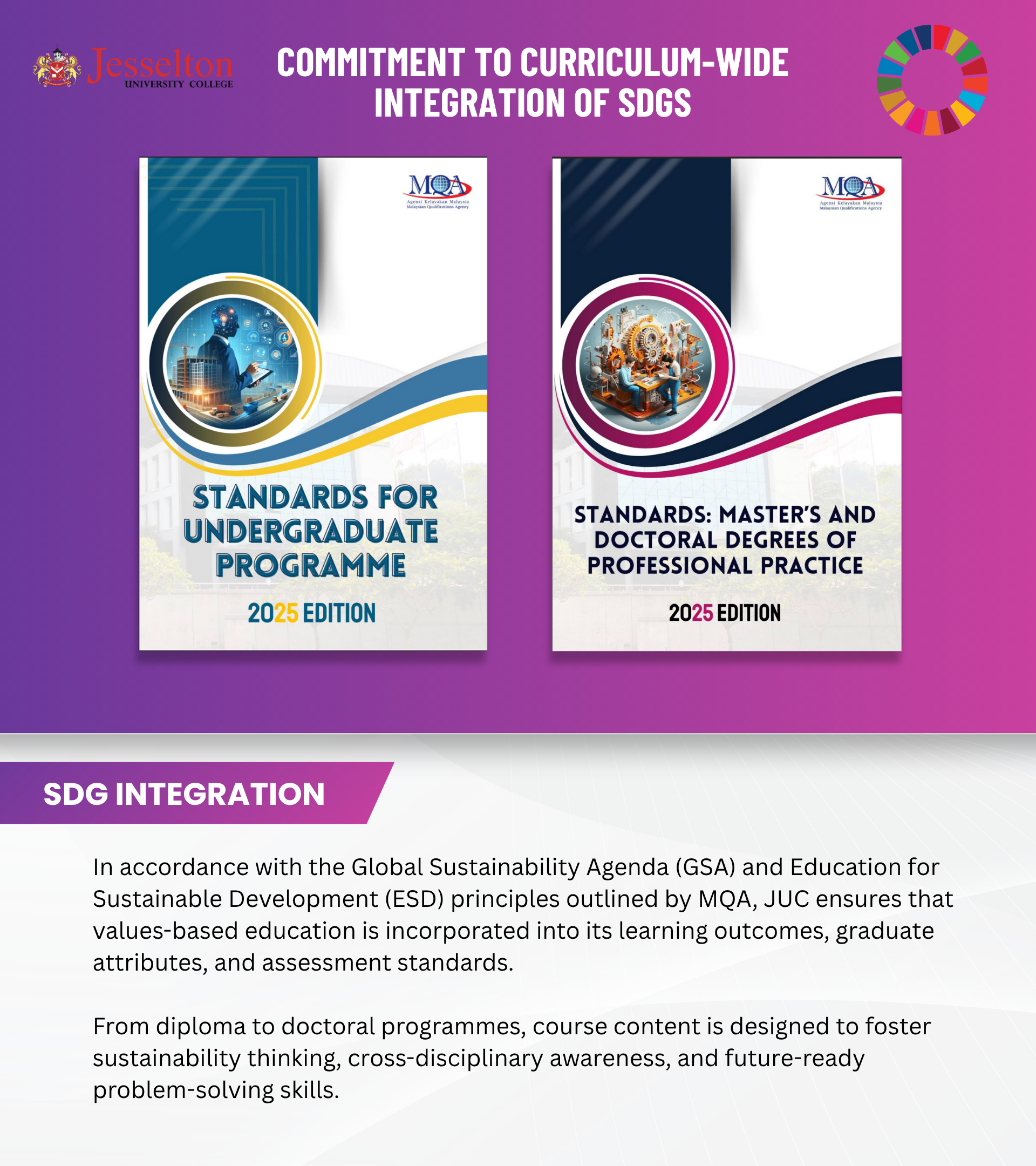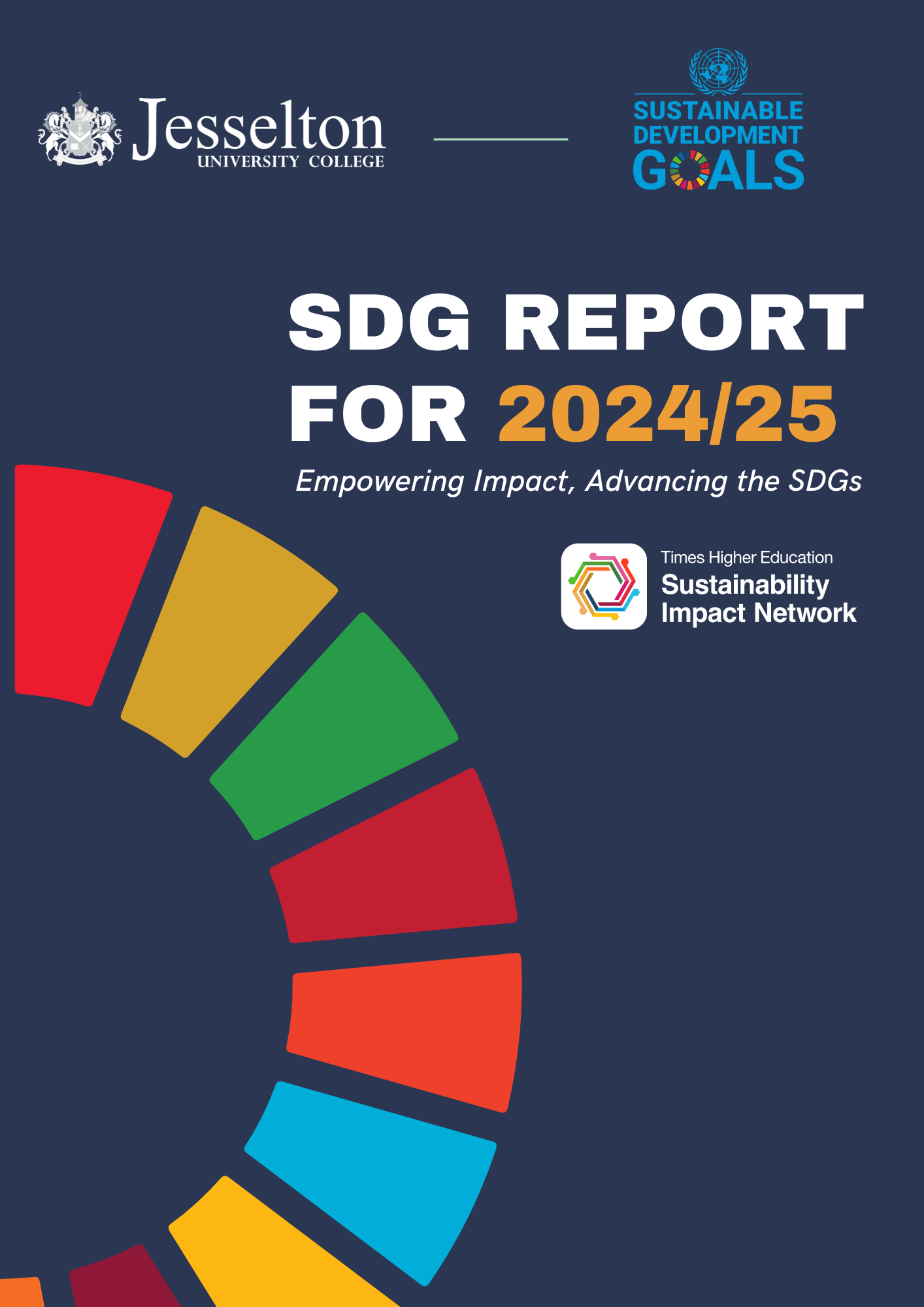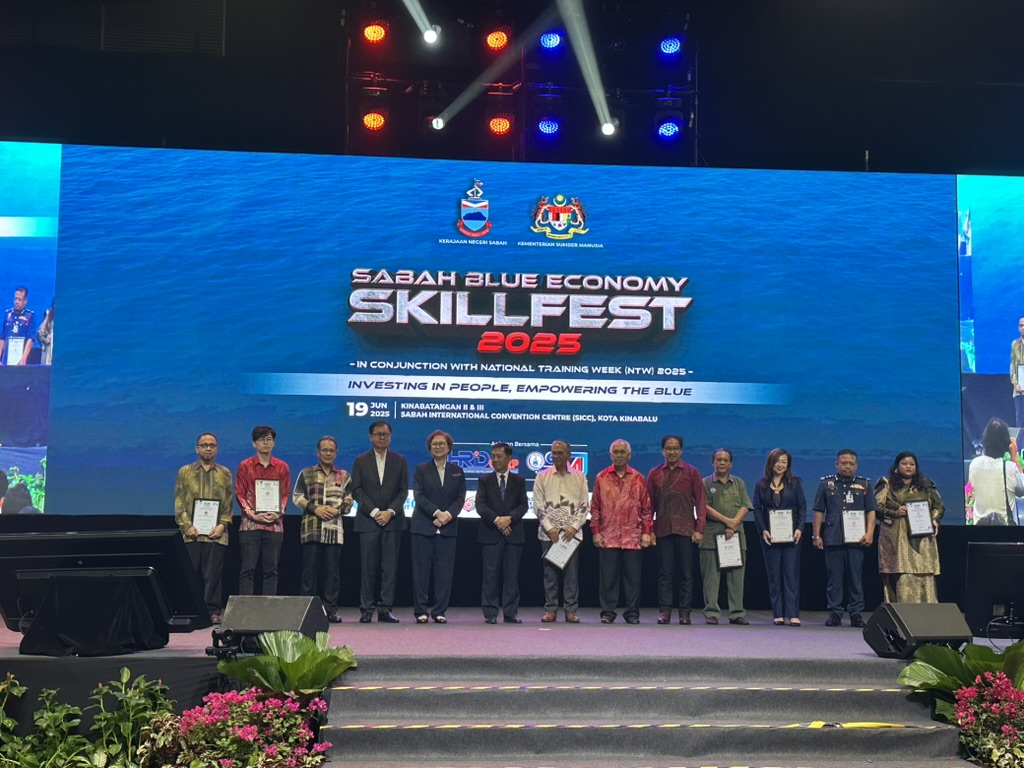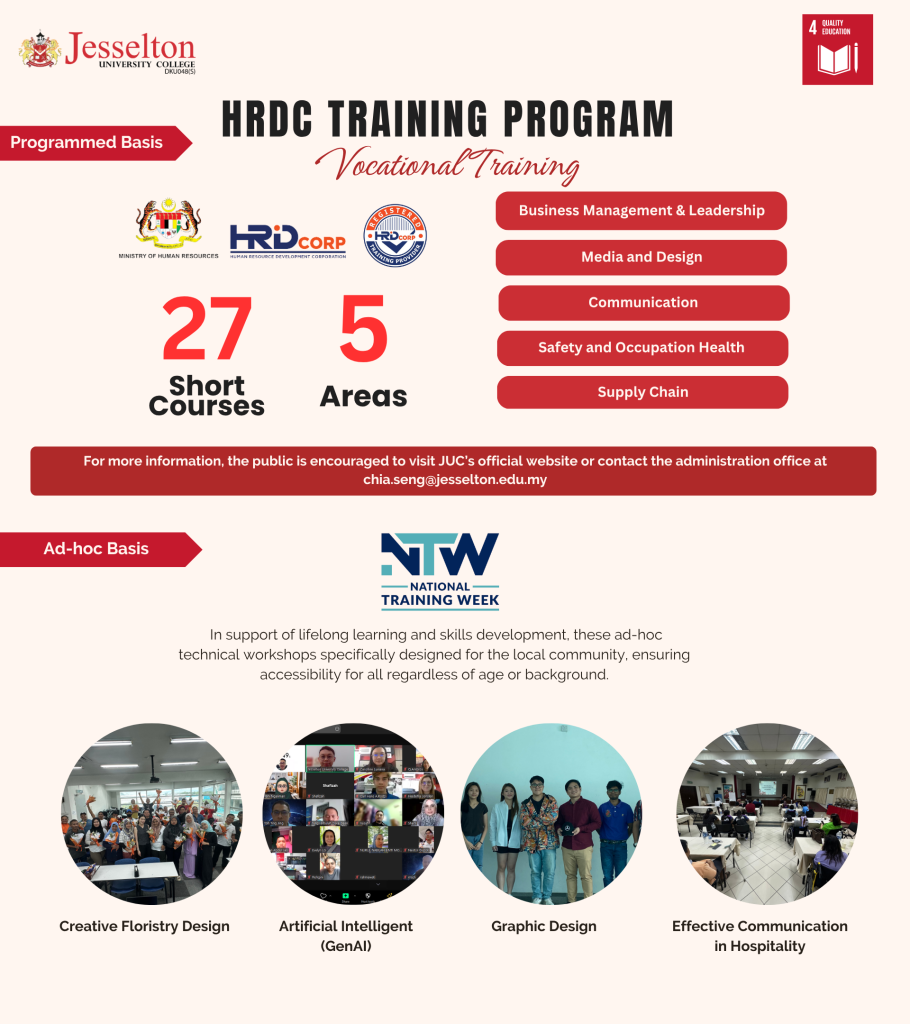
In 2024, Jesselton University College (JUC) advanced its institutional commitment to inclusive and accessible education by delivering a series of free vocational training programmes to the general public. These programmes were implemented in both programmed and ad-hoc formats, ensuring broad reach and flexible participation for individuals seeking to enhance their skills, improve employability, or enter new industries.
On a programmed basis, JUC offered 27 structured short courses covering five key areas: business management and leadership, media and design, communication, safety and occupational health, and supply chain management. These public-facing programmes are recognized by the Ministry of Human Resources and Human Resource Development Corporation (HRD Corp) and are designed to meet national workforce development priorities. Hosted throughout the year at JUC’s facilities, they are open to all Malaysians regardless of educational background and cater specifically to those not formally enrolled in the university.
In addition to its structured courses, JUC organized a series of impactful ad-hoc training sessions under the National Training Week (NTW) yearly initiative and Program Latihan Madani. These workshops were designed to support marginalized communities, including B40 households, rural youth, women, and Persons with Disabilities.
The training sessions included Creative Floristry Design, Artificial Intelligence (GenAI), Graphic Design, and Effective Communication in Hospitality, and were delivered through on-site workshops and online platforms to maximize accessibility. These events provided participants with practical, real-world skills and certifications that enhanced their employability, supported microenterprise development, and opened up pathways to sustainable income generation.
All training programmes were delivered free of charge and widely promoted through JUC’s official website and communication channels, making them publicly visible and accessible to a broad audience. By removing financial barriers and opening doors to lifelong learning, JUC directly contributes to Sustainable Development Goals such as SDG 4 (Quality Education), SDG 1 (No Poverty), and SDG 8 (Decent Work and Economic Growth). These efforts reflect not only JUC’s role as an academic institution but also its function as a long-term driver of inclusive community development and workforce empowerment in Sabah and across Malaysia.

